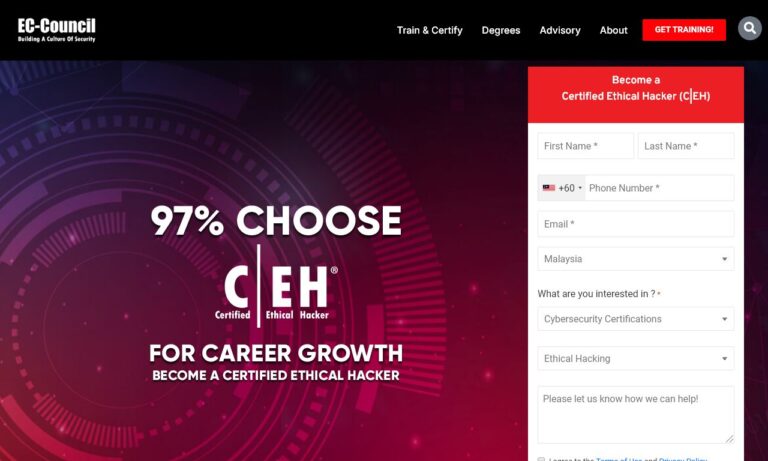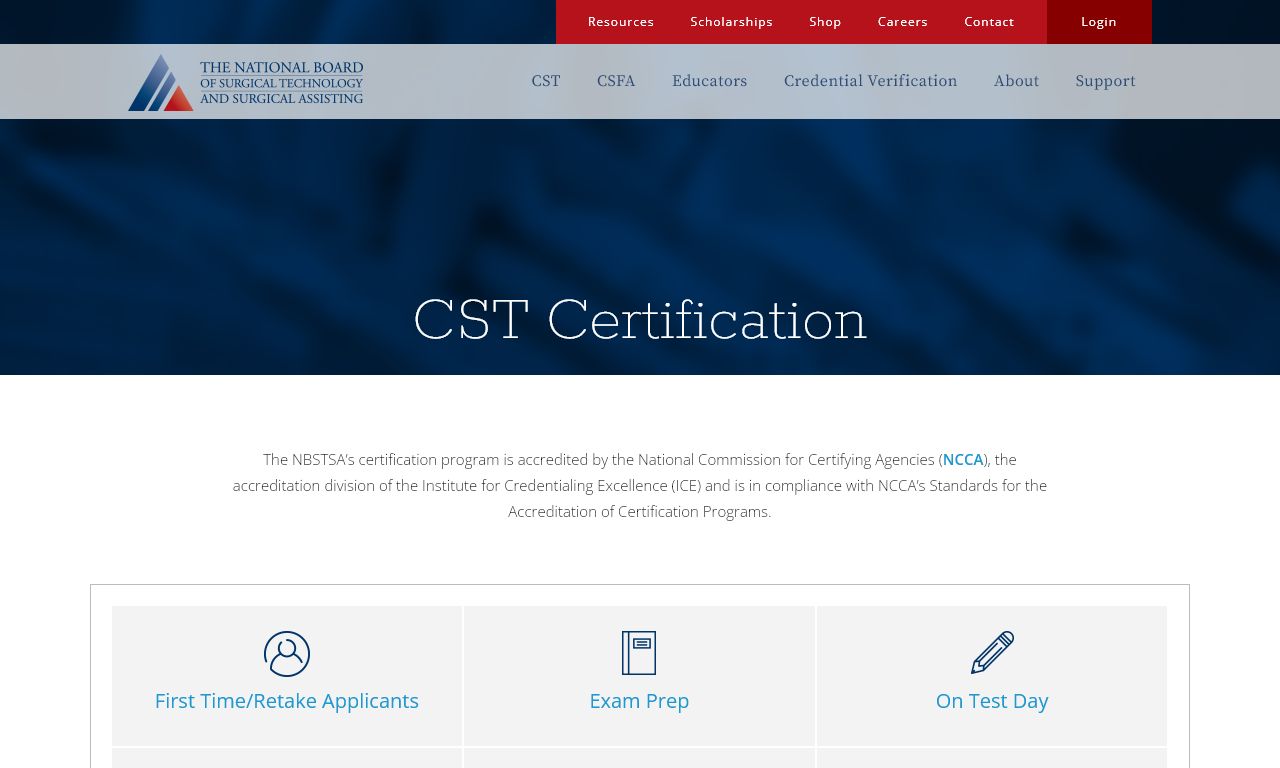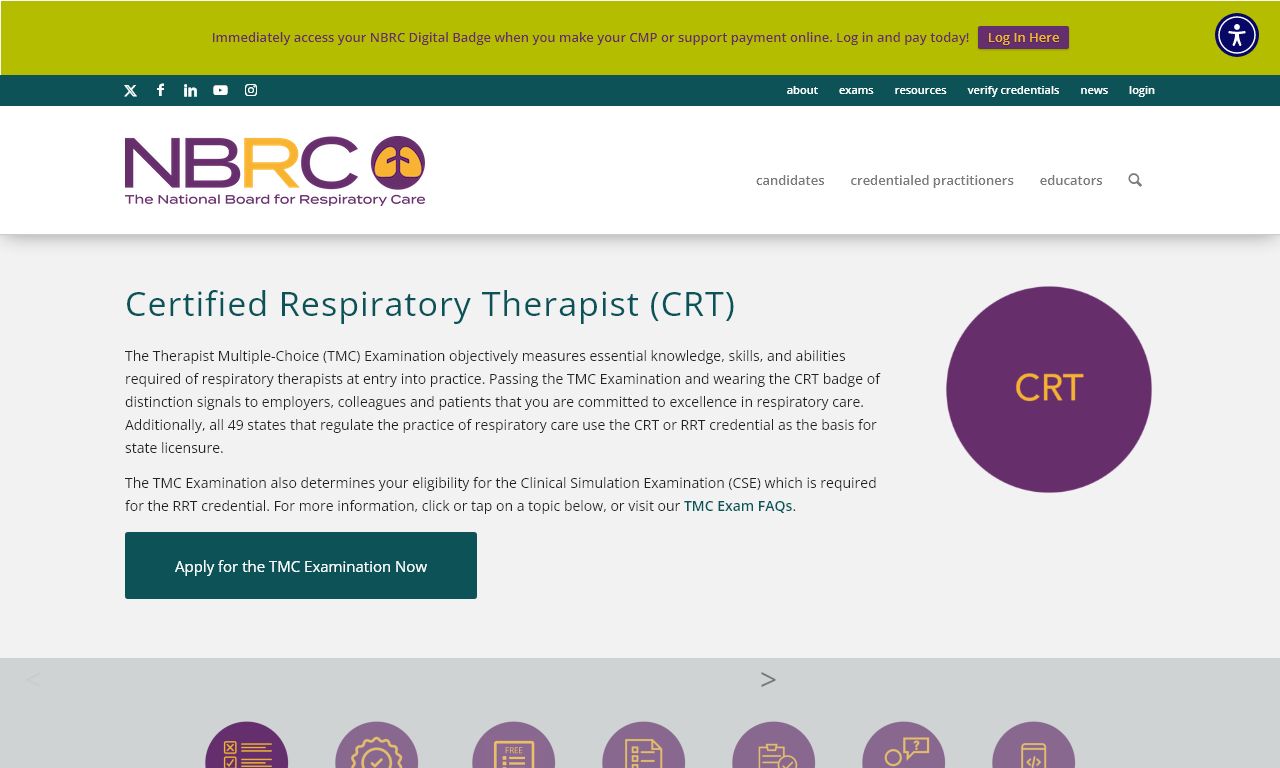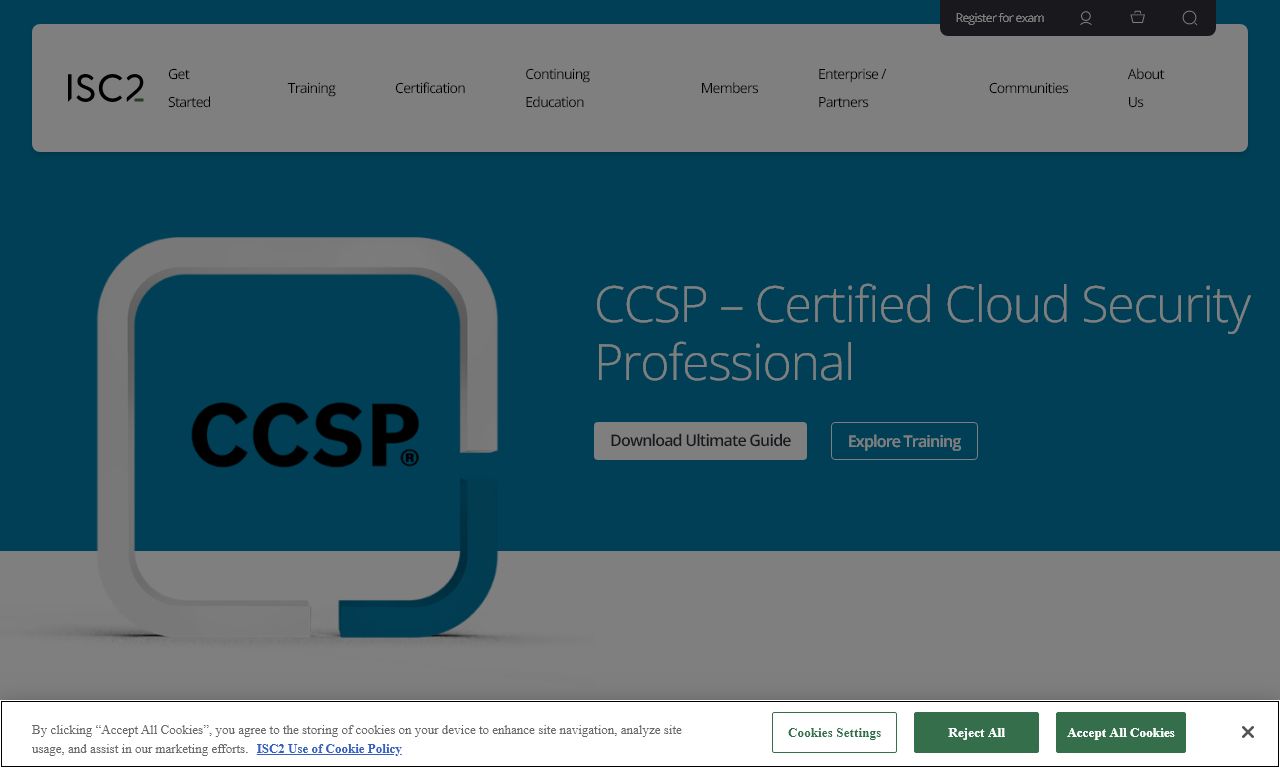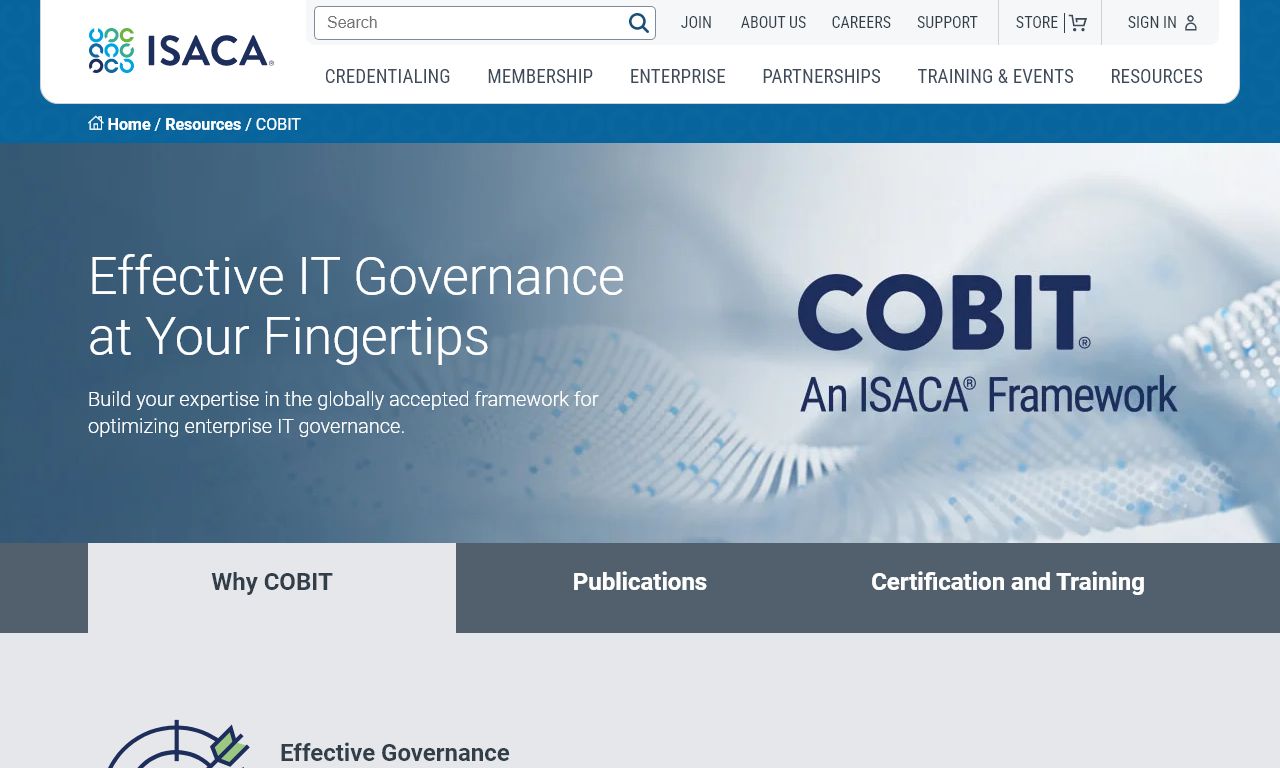CEH Exam Overview
The Certified Ethical Hacker (CEH) exam is a globally recognized certification that validates an individual’s skills in identifying weaknesses and vulnerabilities in target systems using the same knowledge and tools as a malicious hacker, but in a lawful and legitimate manner.
Exam Details
- Exam Code: 312-50 (ECC EXAM), 312-50 (VUE)
- Number of Questions: 125
- Duration: 4 hours
- Availability: ECC Exam, VUE
- Test Format: Multiple Choice
Exam Objectives
The CEH exam covers a wide range of topics related to ethical hacking and information security, including:
- Background
- Analysis/Assessment
- Security
- Tools, Systems, and Programs
- Procedures and Methodology
- Regulation and Policy
- Ethics
Prerequisites
To be eligible for the CEH exam, candidates must meet one of the following criteria:
- Attend official training through an EC-Council Accredited Training Center (ATC)
- Have at least 2 years of work experience in the Information Security domain, submit an eligibility form, and purchase an exam voucher through EC-Council’s website
Maintaining the Certification
To maintain the CEH certification, certified professionals must earn 120 Continuing Education Credits (ECE) within a period of 3 years. ECE credits can be earned through various activities, such as attending conferences, writing research papers, or participating in EC-Council’s online courses.
